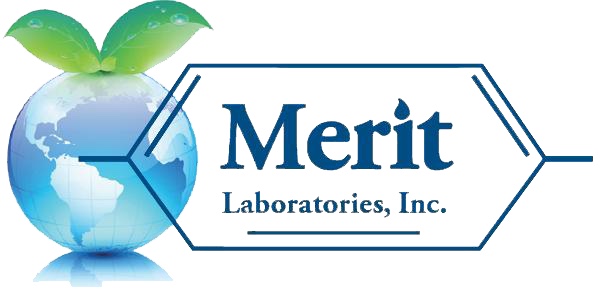In an expected move, the U.S. EPA is officially proposing a rule to add both perfluorooctanoic acid (PFOA) and perfluorooctanesulfonic acid (PFOS) as hazardous substances under Superfund (CERCLA). EPA made the announcement on August 25, 2022, in a pre-publication notice in the Federal Register.
Growing Concerns about New Hampshire PFAS Groundwater Contamination
Merit Laboratories headed to the SAME Small Business Conference in Nashville
EPA Releases 2nd Draft of EPA Method 1633 for PFAS
The U.S. EPA (EPA) has released the highly anticipated 2nd Draft of EPA Method 1633, an LC/MS/MS method to analyze PFAS. This second draft, released by the EPA in June, is a follow-up to the original draft released in Fall 2021. One of the most concerning aspects of the first draft was it being based on a single laboratory validation study
PFAS Limits Significantly Lowered in EPA Health Advisories
The U.S. Environmental Protection Agency (EPA) released updated health advisories in June for PFAS compounds in drinking water. These new limits significantly reduce the guidelines previously established in 2016. The new drinking water interim health advisories reduce the limit for both PFOA (perfluoro-octanoic acid) and PFOS (perfluoro-octane sulfonate).
Merit Laboratories to Present at National AIPG Conference in August
Merit Laboratories will be presenting at the 2022 National Conference of the American Institute of Professional Geologists (AIPG). The AIPG national conference is set for August 6-9, 2022 in Marquette, Michigan, along the shore of Lake Superior. Maya Murshak, CEO and Technical Director of Merit Laboratories, will be delivering a presentation on Understanding PFAS Methods. The conference will be held at Northern Michigan University’s Northern Center.
PFAS Detected in Illinois Drinking Water in Over 100 Community Water Systems
Nearly one in every eight community water systems in Illinois were found to have PFAS detections in drinking water. The Illinois Environmental Protection Agency (EPA) recently announced the completion of an 18-month statewide sample collection study of PFAS in drinking water. The study collected drinking water from over 1,000 community water systems (CWS). According to the Illinois EPA, 126 of the 1,107 CWSs sampled had confirmed PFAS detections.
Fenceline Monitoring for Refineries: Good Fences Makes Good Neighbors
Oil refineries and petrochemical plants that fall under the Petroleum Refinery Sector are required to monitor air emissions at their property boundary. The boundary emission monitoring requirement, referred to as fenceline monitoring, is based upon U.S. EPA rules that became effective in 2016, as updates to 40 CFR Part 60 and 40 CFR Part 63.
Michigan Officially Establishes Groundwater Clean-up Criteria for PFAS
The State of Michigan’s groundwater clean-up rules now officially include PFAS compounds, based upon the state’s PFAS limits in public water supplies. Limits for seven PFAS compounds were officially added to the groundwater clean-up rules by the Michigan Department of Environment Great Lakes and Energy (EGLE) on February 15, 2022. The generic clean-up criteria (GCC) for the seven PFAS compounds are as follows
PFAS Detected at Harbor Island in Grand Haven
The Michigan EGLE recently added Harbor Island in Grand Haven to their list of PFAS sites. The Grand Haven site is a natural marshland at the mouth of the Grand River as it flows into Lake Michigan. The site was first used as a landing point for logging operations. During the 1950s and 1960s the site was used as a dump. The coal-fired J.B. Sims Generating Station began operating in the early 1960s by the Grand Haven Board of Light and Power (GHBLP). Coal ash wastes were disposed of in unlined lagoons and the adjacent wetlands. In the early 1980s, clay lined lagoons were constructed for coal ash management.













